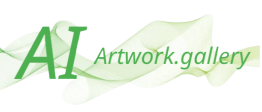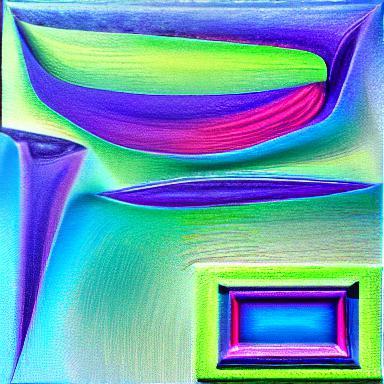Where every artwork is unique!
Each artwork, a unique creation. - Sold as a unique super High Quality image file.
Can be printed in any size and in any format. - Sent by secure download link or USB drive.
|
Category: |
Abstract expressionism |
|
Price: |
£120 |
|
{{variant.name}}:
|
{{opt.name}}
{{opt.name}}
|
Abstract Artwork22.
Abstraction in painting, also called nonobjective art or nonrepresentational painting, in which the portrayal of things from the visible world plays little or no part.
All art consists largely of elements that can be called abstract—elements of form, colour, line, tone, and texture. Prior to the 20th century these abstract elements were employed by artists to describe, illustrate, or reproduce the world of nature and of human civilization—and exposition dominated over expressive function.
Several early-twentieth century artists claimed to be the first to make a completely abstract artwork.
Kandinsky claimed that he was compelled by an “inner necessity” when painting, which required him to remain indifferent to recognized and unrecognized forms and to only paint what he truly felt in the moment.
Abstraction can be traced to Impressionism, Post-Impressionism and Cubism. All three helped realize the idea that art could be non-representative.
Abstract art now lives in the art world in many forms. It is two- and three-dimensional. It can be vast or small.
Abstract art can also be made with many materials and on many surfaces. It can be used in concert with representational art or completely abstract. Artists creating it often focus on other visual qualities like color, form, texture, scale and more in their nonobjective work.
Subscribe
Add your email to receive the latest news and offers!


